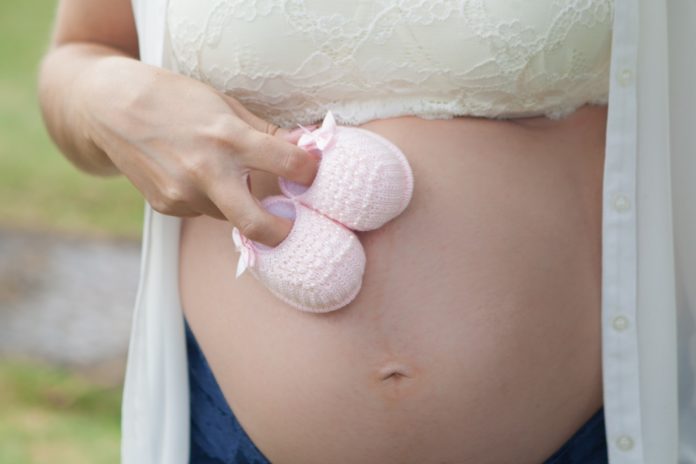However pregnant women had cells that looked younger — not older — than predicted
Multiple pregnancies might make women’s cells age more quickly.
Led by Calen Ryan and Christopher Kuzawa of Northwestern and Dan Eisenberg at the University of Washington, the research could help explain why women with many children tend to show signs of accelerated aging.
The findings, published in Scientific Reports, were reached by looking at two separate markers of cellular aging — telomere length and epigenetic age — in hundreds of young women with different reproductive histories in the Philippines.
“Telomere length and epigenetic age are cellular markers that independently predict mortality, and both appeared ‘older’ in women who had more pregnancies in their reproductive histories,” said Ryan, lead author of the study and a doctoral student in biological anthropology at Northwestern.
Cellular aging was accelerated by between 0.5 and 2 years for each additional pregnancy, a surprisingly large effect according to the researchers. Another finding they did not expect was the fact that women who were currently pregnant had cells that looked younger — not older — than predicted.
“Paradoxically, even though a woman’s biological age was higher with each child that she had, if a woman was pregnant when the measurements were taken, her epigenetic age, and to a lesser extent her telomeres, looked ‘younger’ than predicted for her chronological age,” said Kuzawa, senior author of the study and a professor of anthropology at Northwestern.
Researchers have known from historical records and epidemiological studies that women who have many children tend to have slightly shorter lives
“It’s an interesting situation in which pregnancy makes someone look temporarily ‘young,’ but there appears to be some lasting, cumulative relationship between the number of pregnancies and more accelerated biological age.”
Researchers have known from historical records and epidemiological studies that women who have many children tend to have slightly shorter lives and succumb to different diseases than those who don’t.
“What we didn’t know was whether we could detect these kinds of effects using measures of cellular aging,” Ryan said. “We also didn’t know if we would even detect such effects among the relatively young women in this population, all of whom were 20 to 22 years old at the time.”


